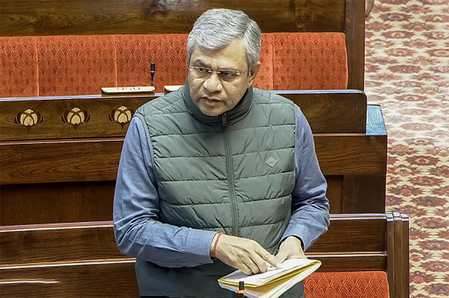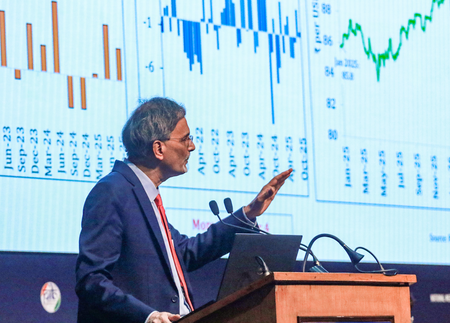
New Delhi, June 5 (IANS) South East Asia, including India, witnesses the most number of deaths due to climate change every year, said Saima Wazed, World Health Organisation (WHO) Regional Director for the region on World Environment Day on Wednesday.
World Environment Day, established at the Stockholm Conference on the Human Environment in 1972, is celebrated every year on June 5.
Led by the United Nations Environment Programme, the day aims to raise awareness and take action on urgent environmental issues.
The theme this year focuses on land restoration, halting desertification, and building drought resilience.
“The worrying reality is that our region records the highest number of deaths from climate change annually amongst all WHO regions,” said Saima Wazed, WHO Regional Director for South East Asia.
“Climate change and biodiversity loss already pose major threats to health, the regional economy, and livelihoods across our region,” she added.
The Regional Director said that environmental degradation caused due to air pollution, water contamination, and climate change contributes to a range of public health problems.
She stressed the need to recognise the integral role of the health sector in environmental conservation and climate action and strengthen collaboration between the health and environment sectors to address shared challenges.
Citing the ‘SEA Regional Plan of Action for the WHO Global Strategy on Health, Environment and Climate Change 2020-2030: Healthy Environments for Healthier Population’, the Regional Director suggested measures for the health sector to fight the effects of rising temperatures.
She called for integrating health impact assessments into land use planning processes to assess the potential health impacts of proposed projects on air and water quality, food security, and exposure to hazards such as drought and desertification.
She also suggested implementing green building practices and sustainable infrastructure in healthcare facilities to help reduce their environmental footprint, community-based health promotion and build climate-resilient healthcare systems.
–IANS
rvt/sd/svn




